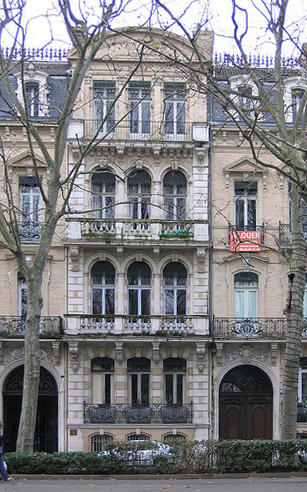Housing prices are at record highs, having more than doubled over the last decade, creating the potential for another housing crash.
In the wake of the 2008 crash, there was a tremendous housing glut. People simply couldn’t afford housing after record-setting job losses. Many ended up moving in with relatives. This reduced the demand for houses and resulted in massive foreclosures by banks. The housing glut, in turn, drove the majority of homebuilders out of business. In response to this and other factors, the FED lowered interest rates to record low levels, which allowed people to start buying houses and reduced the glut.
The extremely low mortgage interest rates of the past decade initially reduced the cost of ownership enabling more people to be able to afford houses and those that could already afford a house to be able to afford a bigger house. Combined with fewer homes being built, this put upward pressure on house prices, bringing us to where we are now.
Housing prices are at record highs, having more than doubled over the last decade, creating what certainly appears to be another housing bubble on the scale of the 2008 bubble.
A recent Fannie Mae survey found that 79% of U.S. citizens think it is a bad time to buy a house. This fact alone could cause a self-fulfilling prophecy, as people just decide not to move from their current house. This would decrease demand and drive housing prices down. Mortgage applications have already plummeted to record lows, and the National Association of Home Builders (NAHB) says the U.S. is already in a housing recession.
Adjustable Rate Mortgages
An adjustable-rate mortgage can be a good deal when rates are going down because your monthly payment could actually decrease. Plus, you generally get a discount initially because the lender has less risk since they are protected if rates do rise. But, when rates start rising, people start seeing their mortgage payments going up, and if they were already squeezed thin, that could push them over the edge resulting in a foreclosure. Foreclosures put more houses on the market (i.e. increased supply at discount prices), thus putting downward pressure on all housing prices and precipitating a housing crash.
Non-Q Mortgages
Just like last time, at the peak, lenders get a bit crazy. Prior to the 2008 crash, lenders were so sure that rising house prices would bail out the borrowers that they were willing to loan to anyone. These loans gained the slang name NINJA loans for “No Income, No Job, No Assets”. The primary driver of this trend was the ability to sell the loan and shift the repayment risk to another lender or even the government.
Today they are called Non-QM Mortgages for Non-Qualified mortgages.
A “Qualified” Mortgage has certain requirements like:
- The loan has a term of 30 years or less.
- The total points and fees charged are 3% or less of the loan amount.
- The lender verifies and documents the assets and income the borrower will use to repay the loan.
- The loan cannot have negative amortization, be interest-only, or have a balloon payment.
- The borrower has a debt-to-income ratio of 43% or less.*
- The lender can’t use an introductory or “teaser” interest to determine the buyer’s ability to pay off the loan.
On a Non-Qualified Mortgage, many of these requirements are eliminated, although the lender is still supposed to prevent a borrower from getting in over their head and becoming a foreclosure risk. But in actuality, some lenders were willing to make extremely risky loans and have already gone bankrupt because of it.
Could Corporate Landlords Cause a Housing Crash?
Because of the profitability of being a landlord over the last decade, some major corporations and private equity firms got into the landlord business, building massive sub-divisions of rental homes. Now that the tide has turned, they are trying to unload these houses, putting additional downward pressure on housing prices. One such company is Starwood Capital Group. Just last November, Starwood was in the market to buy 2,300 rental houses for over a billion dollars. And now, less than a year later, they want to sell 3,000 houses for the same amount. That sounds like a losing proposition to me.
If you put all of these factors together, you come up with a housing market on the verge of collapse.
You might also like:
- Inflation-Adjusted Housing Prices
- What is a NINJA Loan?
- Are 3D Printed Houses the Trend of the Future?
- Financial Real Estate Trends Investors Should Understand for 2020
- Real Estate Trends: House Flipping (2017)

